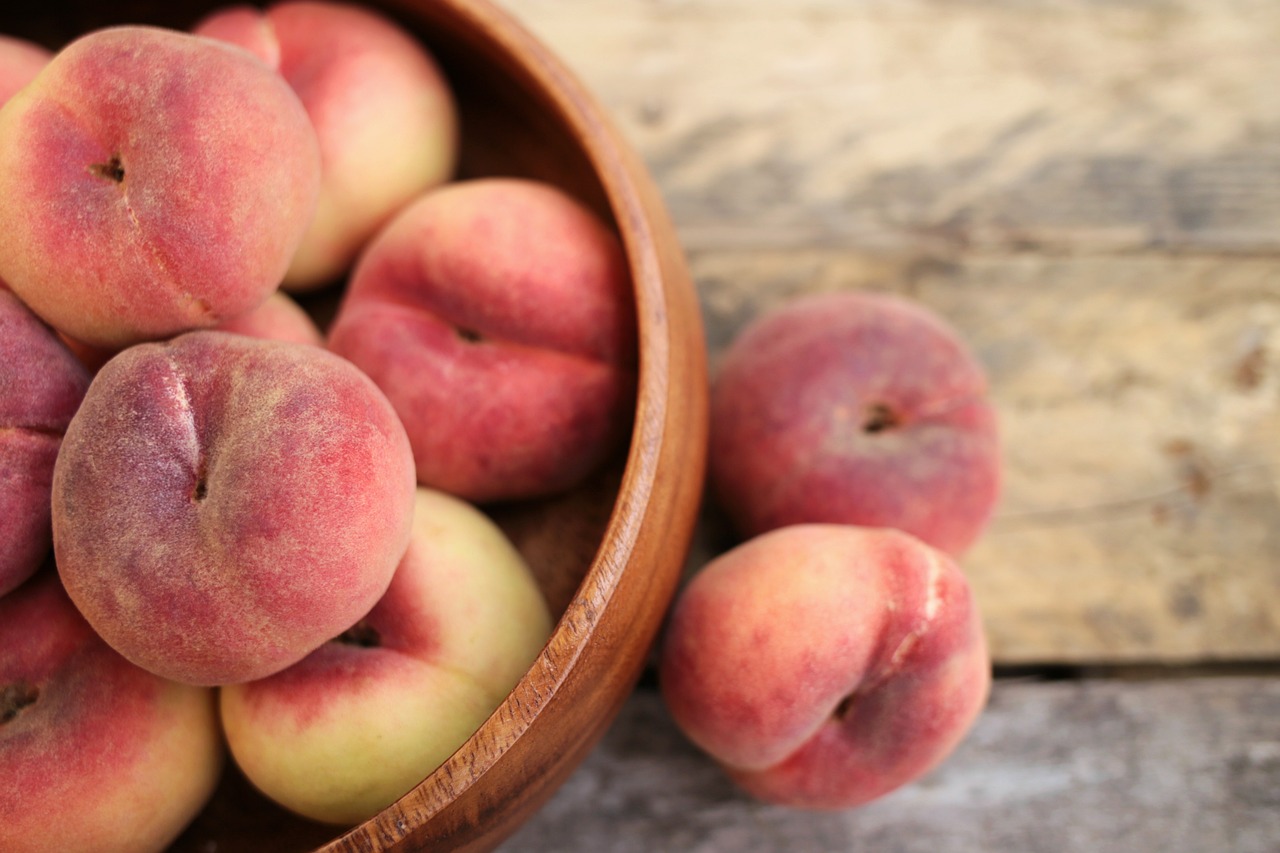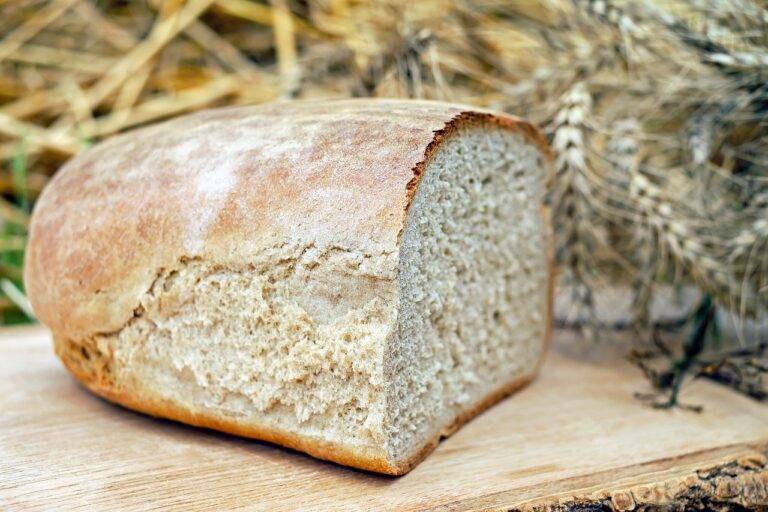The Impact of Trade Agreements on the Food Industry
Trade agreements play a crucial role in shaping the global food supply chain, influencing the availability and affordability of food products worldwide. These agreements often dictate the terms of trade, such as tariffs and quotas, which can impact the flow of agricultural products between countries. By establishing rules for trade, these agreements help facilitate the movement of food products across borders, ensuring a steady supply of food to meet the demands of a growing global population.
Furthermore, trade agreements also have the potential to promote sustainable agricultural practices and food security. Through provisions that address issues like food safety standards and environmental regulations, these agreements can encourage farmers to adopt more sustainable methods of production. This not only benefits the environment but also ensures the long-term viability of the food supply chain, contributing to overall global food security.
Tariffs and Import Costs
Tariffs are government-imposed taxes on imported goods, designed to protect domestic industries by making foreign products more expensive. These tariffs can significantly impact the cost of imported goods, making them less competitive in the domestic market. Import costs can also include additional fees and charges imposed by customs authorities, further adding to the overall expense of importing goods into a country.
Tariffs and import costs can influence consumer behavior, as higher prices may lead to reduced demand for imported products. Additionally, businesses that rely on imported goods may face challenges in maintaining their profit margins when faced with increased import costs. It is essential for companies to carefully evaluate the impact of tariffs and import costs on their operations and pricing strategies to remain competitive in the global market.
Market Access and Competition
In the realm of global trade, market access and competition play integral roles in shaping the landscape for food supply chains. By regulating the entry of goods into a market, countries can influence the levels of competition faced by domestic producers. When barriers to entry are low, foreign producers can easily access a market, increasing competition and providing consumers with a wider array of product choices.
Market access is not solely about physical entry into a market but also encompasses the removal of non-tariff barriers that hinder competition. These barriers can range from stringent regulations to preferential treatment given to domestic producers. By ensuring fair and equal access for all players, markets become more competitive, driving innovation and efficiency in the global food supply chain.
How do trade agreements affect the global food supply?
Trade agreements can impact the global food supply by opening up markets for certain products, reducing trade barriers, and promoting competition among producers.
What role do tariffs play in import costs?
Tariffs are taxes imposed on imported goods, which can increase the cost of these products for consumers. They can also affect the competitiveness of domestic producers.
How does market access impact competition?
Market access refers to the ability of producers to enter and compete in a particular market. When there are barriers to market access, such as high tariffs or restrictive regulations, it can limit competition and hinder consumers’ access to a variety of products.







